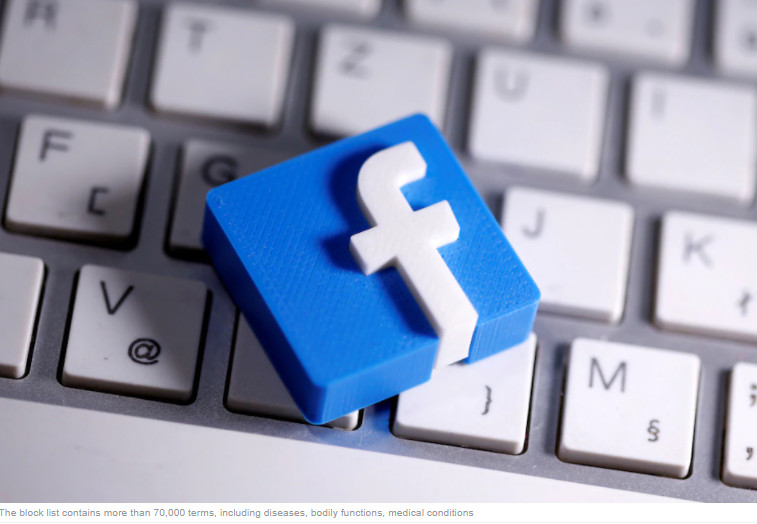
Social-Media
Facebook starts blocking Apps' shared sensitive medical data over privacy concerns

In violation of its own rules, Facebook began blocking sensitive health information that third-party apps had been sharing with the social network, New York officials who investigated the situation said.
According to a report shared on Thursday by the New York financial services department, data fed into a Facebook analytics tool by app makers included medical diagnoses and whether users were pregnant.
Facebook instructed app developers and websites not to share medical, financial, and other sensitive personal consumer data but took no steps to police this rule, Facebook instructed app developers and websites not to share medical, financial, and other sensitive personal consumer data, but did not take steps to police this rule.
By continuing to do business with app developers that broke the rule, Facebook put itself in a position to profit from sensitive data that it was never supposed to receive in the first place.
According to the study launched last year, user information from apps is regularly shared with Facebook through a tool that offers developers free data analysis to help guide app enhancements.
In response to an AFP inquiry, a Facebook spokeswoman said, Our policies prohibit sharing sensitive health information and it's not something we want,
We have improved our efforts to detect and block potentially sensitive data and are doing more to educate advertisers on how to set-up and use our business tools.
Investigators cited the example of a menstruation and fertility tracking Flo Health app used by more than 100 million people every time a user logged in starting their period or noted intent to get pregnant, Facebook informed.
In the release, New York Governor Andrew Cuomo said, Large internet companies have a duty to protect the privacy of their consumers — period,
Such sharing violated Facebook policy, but went unchecked, investigators concluded, by the California-based internet giant.
According to the report, Facebook created a list of terms blocked by its systems and has been refining artificial intelligence to filter sensitive data more adaptively, not welcomed in the analytics tool.
More than 70,000 terms are included in the block list, including diseases, body functions, medical conditions, and real-world places such as mental health centers, the report said.
The report endorsed the Governor's data privacy law proposed in the state that would explicitly protect health, biometric, and location data as well as create a Bill of Rights on Consumer Data Privacy.
